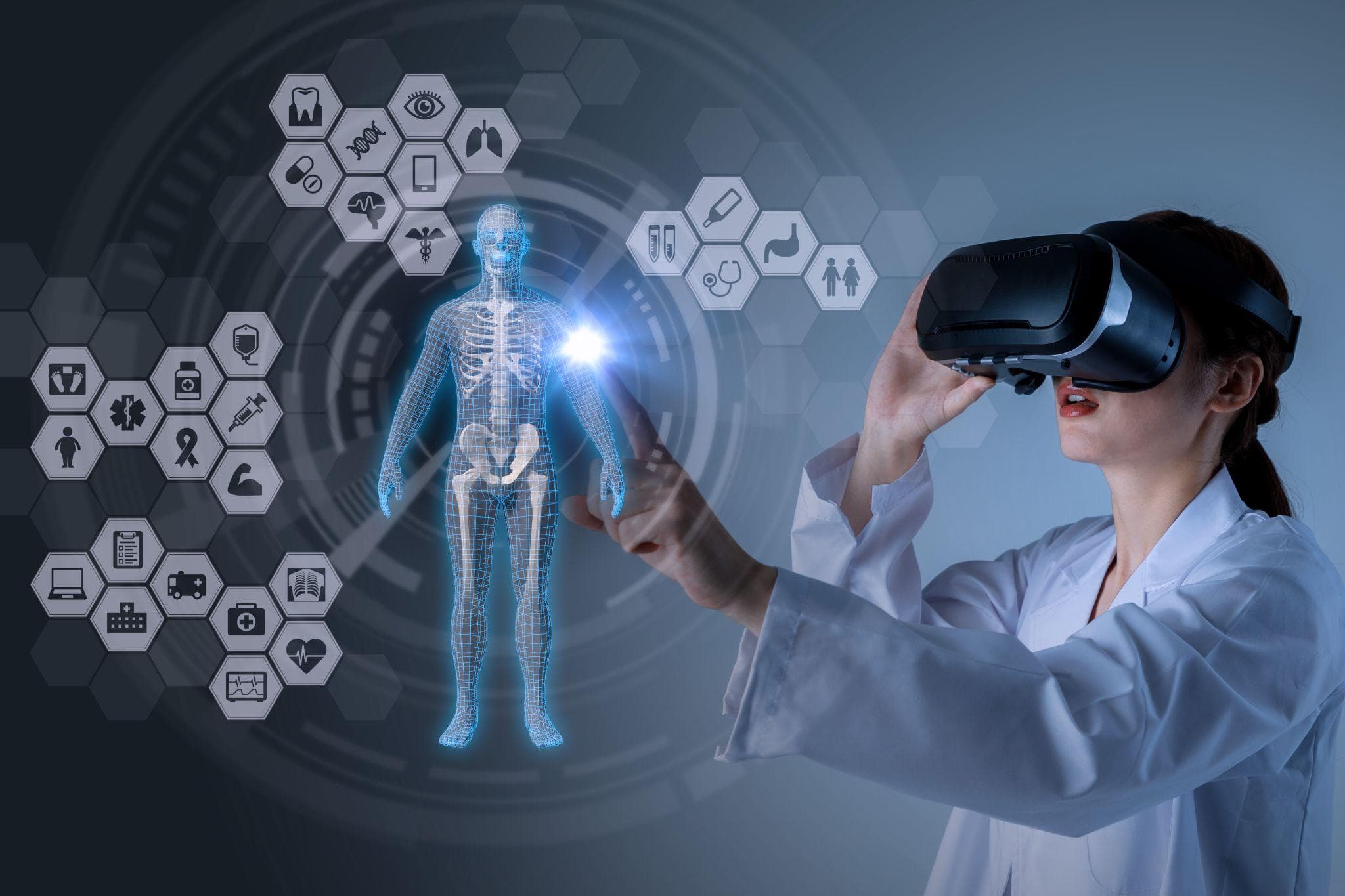Medical Technology Overview and Importance
Medical technology, often referred to as "medtech," encompasses a wide range of healthcare products, services, and solutions aimed at diagnosing, treating, and improving patient care. This field has seen significant advancements that have transformed healthcare delivery and outcomes. Below is an overview of medical technology, its types, and its impact on healthcare.

Definition of Medical Technology
Medical technology is defined by the World Health Organization as the application of organized knowledge and skills in the form of devices, medicines, vaccines, procedures, and systems developed to solve health problems and improve quality of life. It includes various components such as:
• Medical Devices: Instruments or apparatuses used for diagnosis, prevention, monitoring, treatment, or alleviation of disease (e.g., MRI machines, pacemakers).
• Pharmaceuticals: Medications used to treat or manage health conditions.
• Biotechnology: Techniques that utilize living organisms or biological systems in the development of products.
• Digital Health Solutions: Technologies that use information and communication technologies (ICT) to enhance healthcare delivery (e.g., telemedicine platforms, mobile health apps).
Key Types of Medical Technology
1. Diagnostic Tools
• In vitro diagnostics (IVDs) allow healthcare professionals to conduct tests on biological samples (like blood or urine) to determine health status. These tools are crucial for early detection and management of diseases.
2. Therapeutic Devices
• Devices such as insulin pumps, stents, and surgical instruments play vital roles in treating various medical conditions. They are designed to be safe and minimally invasive to improve patient outcomes.
3. Imaging Technologies
• Advanced imaging technologies like MRI, CT scans, and ultrasound provide critical insights into patient health by allowing non-invasive visualization of internal structures.
4. Telemedicine
• Telemedicine technologies facilitate remote consultations between patients and healthcare providers, improving access to care and convenience for patients who may have difficulty visiting healthcare facilities.
5. Artificial Intelligence (AI)
• AI applications in medical technology enhance diagnostic accuracy and treatment planning by analyzing large datasets quickly and identifying patterns that may not be apparent to human practitioners.
6. Wearable Health Devices
• Devices such as fitness trackers and smartwatches monitor health metrics like heart rate and activity levels, empowering individuals to manage their health proactively.
7. 3D Printing
• This technology is revolutionizing the production of medical implants and prosthetics by allowing for personalized designs tailored to individual patient needs.
Impact on Healthcare
• Improved Patient Outcomes: Medical technology enhances the quality of care by enabling earlier diagnosis, more effective treatments, and better monitoring of chronic conditions.
• Cost Reduction: Advances in medical technology can lead to shorter hospital stays and reduced rehabilitation times, ultimately lowering healthcare costs.
• Increased Efficiency: Automation and digital solutions streamline processes within healthcare systems, allowing for more efficient patient management.
• Enhanced Access to Care: Telehealth services expand access to medical care for underserved populations or those in remote areas.
• Patient Empowerment: Digital health tools enable patients to take an active role in managing their health through self-monitoring and access to information.
Medical technology is a dynamic field that plays a crucial role in modern healthcare. By integrating innovative devices, diagnostic tools, digital solutions, and therapeutic methods, it significantly improves patient care quality while addressing various health challenges. As technology continues to advance, its impact on healthcare delivery will likely grow even more profound, paving the way for a more efficient and effective healthcare system.
Post a Comment for "Medical Technology Overview and Importance"